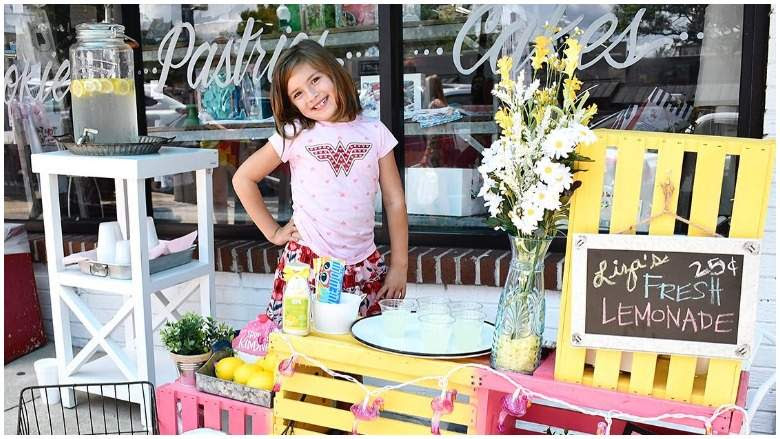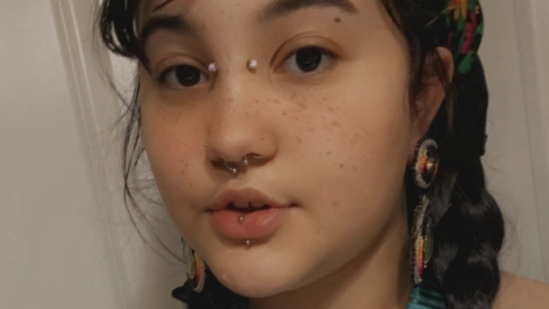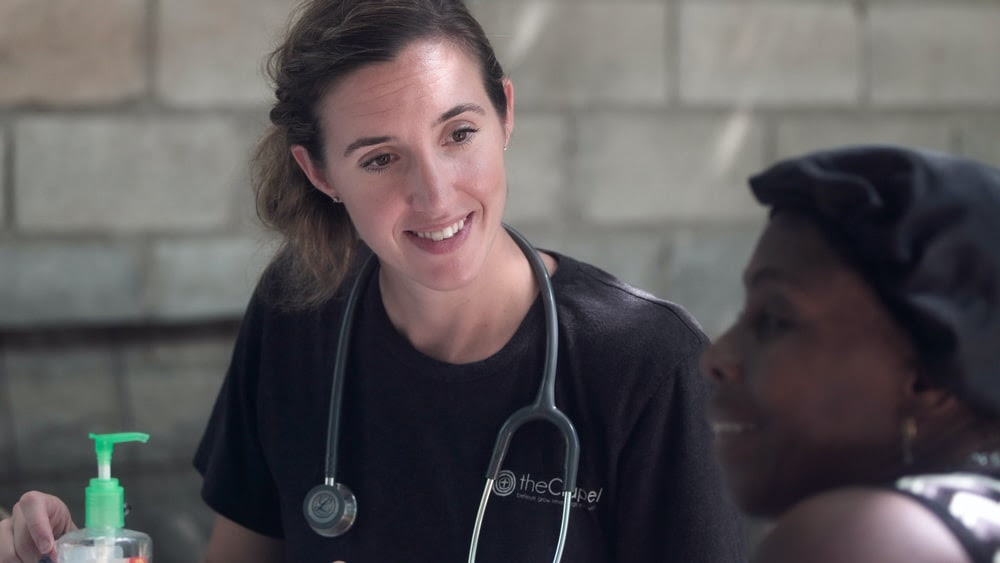
The story of a seven-year-old girl from Birmingham, Alabama, selling lemonade to fund her brain surgeries went viral earlier this year.
Liza Scott’s appeal raised nearly $400,000 (£290,000), allowing her to fly to Boston for a series of potentially life-saving operations.
Her mother, Elizabeth Scott told the BBC in an email that “it’s amazing that [her story] has reached folks around the world”.
MacLeod says that “kids selling lemonade are a classic example” of the “perseverance porn” that he has documented.
He has seen several cases of children setting up lemonade stands to pay for their parents’ or their own medical treatment.
“It’s never truly acknowledged that if these children lived in a more humane society, their perseverance would not even be necessary.”
“If that girl lived in Nova Scotia, Norway or New Zealand she wouldn’t have to desperately try to sell lemonade on the street to afford her medical bills.”
Crowd-sourcing website GoFundMe says that at least one third of its fundraisers are for medical treatments. Healthcare costs are also the leading cause of bankruptcy in the US.
Tiktok, my hero

Jescenia Ramos is a type-one diabetic with multiple chronic illnesses who uses TikTok to spread awareness about disabilities – and stay alive.
Whenever Ramos has been kicked off private insurance, which has happened repeatedly and for varied reasons, the 21-year-old jewellery designer has relied on TikTok followers to help pay for insulin.
“If it wasn’t for the fact that I had a really large TikTok following, I would have been dead. Because nobody would have seen that GoFundMe,” Ramos tells BBC News.
Ramos identifies as two-spirited, a third gender in Native American tradition, and uses they/them pronouns.
They have around 60,000 followers under the name @quiibunnie, and says that being a “failure of the foster system” is the most recent reason that they lost their healthcare coverage.
Ramos’ non-biological parents, who raised them since they were 17 months old, did not ever legally adopt them despite being their legal guardians.
For that reason, the family’s insurance company decided that Ramos is not considered a dependent – not actually their child – and must purchase a separate coverage plan.
Ramos, who uses a wheelchair, now pays about $375 per month to the insurance company, and still has to pay another $700 per month for medications. That is still cheaper than buying the insulin without any insurance.
After their most recent fundraising campaign, the third they’ve been forced to do, Ramos felt pressured to lie and tell their followers: “It’s okay, guys. I’m fine.”
“My story got shared around on TikTok and people had been asking for a positive update on the story, and I wish I could give them a positive update on the story, but I really can’t,” Ramos says.
“Because I’m still definitely struggling incredibly financially,” they continue, adding that diabetes will probably cause further health problems in their future.
“I don’t know if I’m going to be able to tell my platform, like, ‘Oh this will never happen again. I’ll never need your help again’.”
“But the reality of the situation is I will. I will always need help again,” Ramos says, adding that “the reality of medical care in America is you have money or you die.”
“I am exhausted from trying to get people on the internet to care enough about my life to donate five dollars,” says Ramos.



Comment here